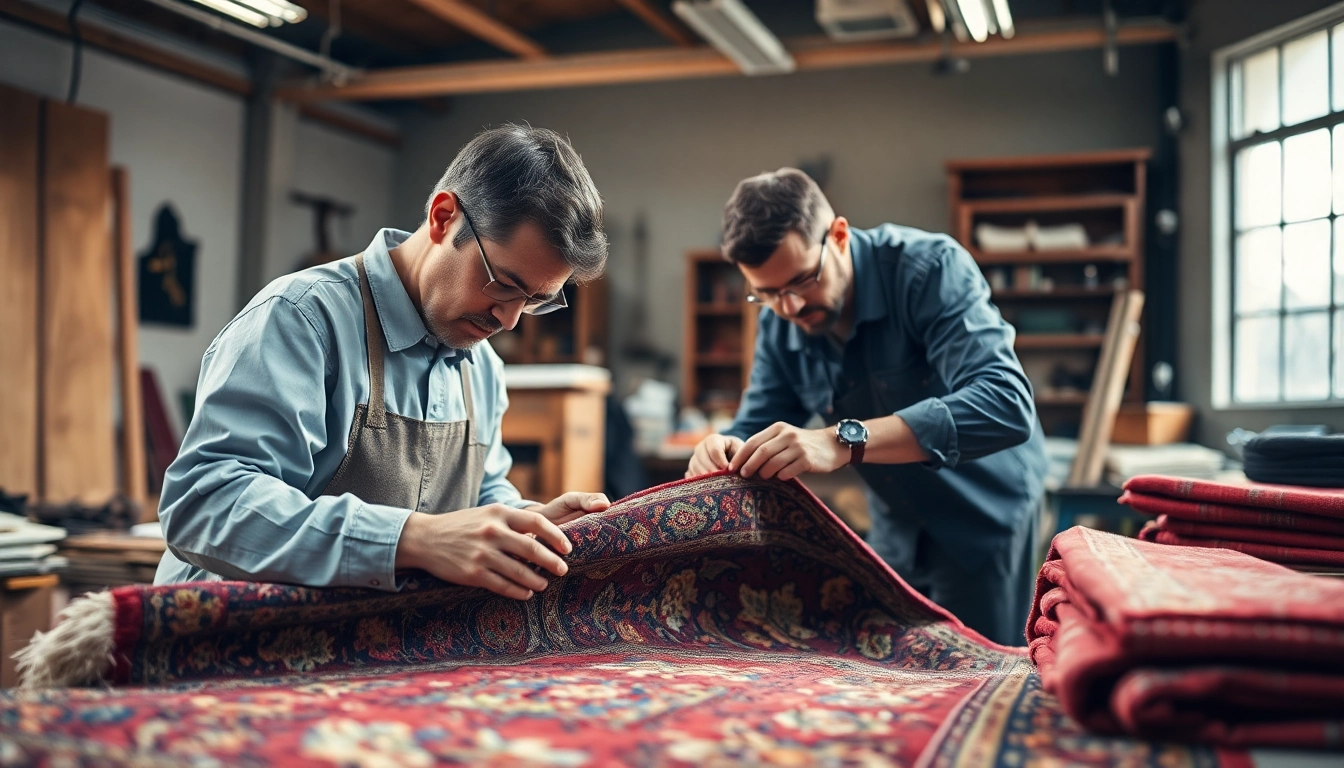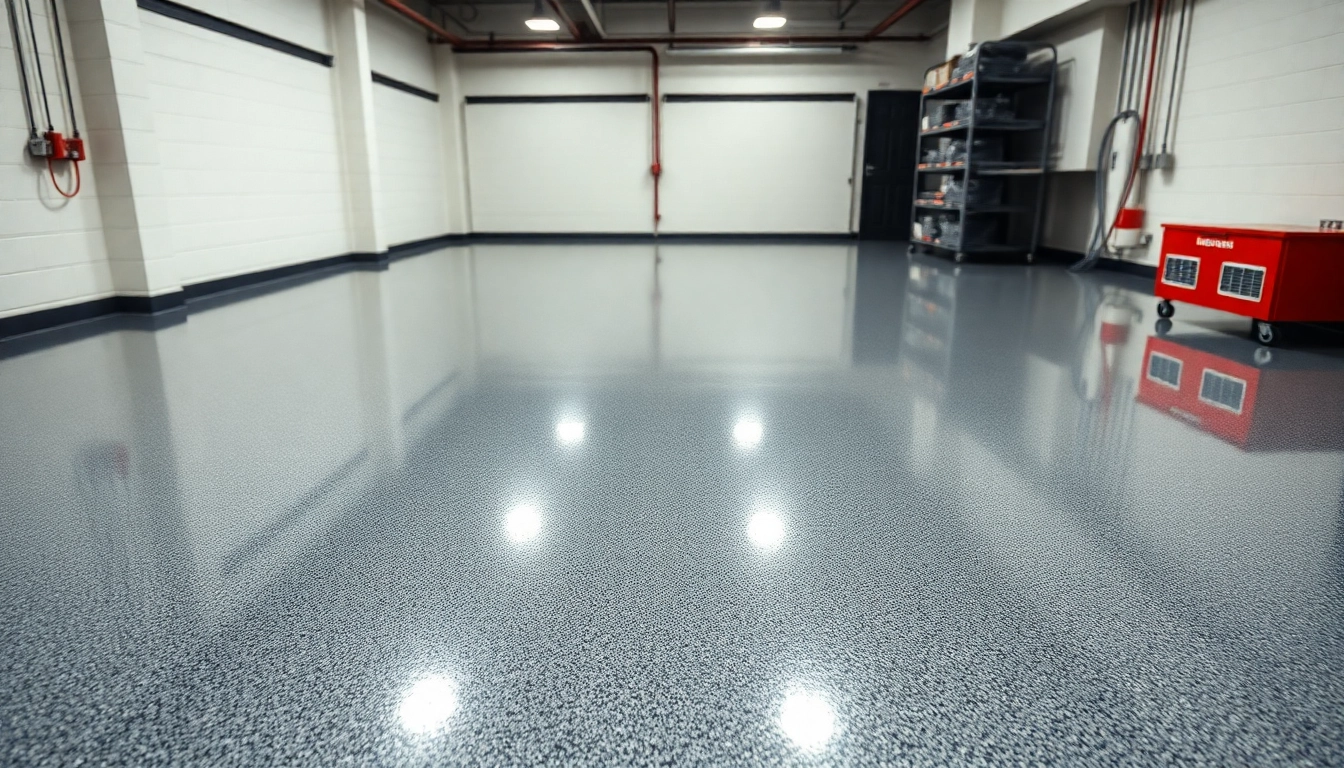Understanding Restauro Tappeti Milano: Techniques and Benefits
Restauro tappeti Milano plays a vital role in preserving the beauty, integrity, and value of valuable rugs. From centuries-old Persian masterpieces to contemporary designs, professional restoration ensures these textiles can be enjoyed for generations to come. The city of Milan, renowned for its rich artisan heritage and meticulous craftsmanship, boasts a multitude of specialized centers dedicated to high-quality rug restoration. Whether you own an antique heirloom or a modern piece with sentimental or monetary value, understanding the significance and methods of restauro tappeti milano can help you make informed decisions about maintenance and preservation.
Introduction to Restauro Tappeti and Its Importance for Rug Preservation
Restauro tappeti involves a series of carefully coordinated techniques aimed at repairing, cleaning, and revitalizing rugs that have suffered damage or deterioration over time. These damages might include tears, frayed edges, discoloration, staining, or structural issues like holes and worn-out fibers. Proper restoration not only extends the lifespan of a rug but also enhances its aesthetic appeal, ensuring it retains or even increases its market value.
Given the delicate nature of woven textiles, especially those with antique or historical significance, professional restoration is essential. Expert restorers use methods grounded in traditional craftsmanship, combined with advanced technologies, to ensure that each intervention respects the original materials and artistry. This meticulous process is crucial in Milan, where a high appreciation for art and cultural heritage underscores the demand for top-tier rug preservation services.
Common Restoration Techniques Used in Milano for Oriental and Modern Tappeti
Milano’s restoration experts employ a broad spectrum of techniques tailored to the specific needs of each rug. Some of the most frequently used methods include:
- Cleaning and Surface Restoration: Gentle washing with pH-neutral agents to remove dirt, dust, and grime without damaging fibers, followed by delicate stain removal techniques.
- Color Correction and Dyeing: Restorers use natural and synthetic dyes to restore faded colors, ensuring consistency with the original palette. They often employ hand-dyeing for precision.
- Reweaving and Patchwork: For tears or holes, skilled artisans reweave missing knots or patches using fibers that match the original materials, preserving authenticity.
- Fringe and Edge Repair: Fringes and borders are reinforced or replaced to prevent further damage.
- Structural Reinforcement: The application of backing materials or stabilizing stitches to strengthen weak areas, especially in antique rugs.
Furthermore, advanced techniques such as chemical stabilization and the use of specialized adhesives are employed to ensure long-term durability of restored rugs, especially for sensitive or highly valuable pieces.
Advantages of Professional Restauro Tappeti vs DIY Methods
While DIY cleaning kits and superficial repairs seem tempting, they often fall short of addressing underlying issues comprehensively. Professional restoration services in Milan offer several key advantages:
- Expertise and Experience: Certified restorers understand the complex weave structures and dye compositions, ensuring interventions are sympathetic to the original craftsmanship.
- Preservation of Value: Proper restoration adds genuine value and authenticity, which DIY methods risk diminishing.
- Use of Specialized Tools and Materials: Professionals employ tools and materials specifically designed for delicate textiles, minimizing the risk of accidental damage.
- Long-Term Durability: Restorations are conducted with longevity in mind, providing lasting solutions rather than temporary fixes.
- Compliance with Conservation Standards: Certified restorers follow internationally recognized ethical guidelines, particularly important for antiques and art pieces.
In summary, investing in professional restauro tappeti in Milan ensures your rug is treated with the utmost care, preserving both its beauty and intrinsic worth.
Step-by-Step Process of Rug Restoration in Milano
Assessment and Diagnosis of Tappeti Damage and Wear
The restoration journey begins with a comprehensive evaluation by experienced specialists. This assessment includes examining the rug’s materials, dye stability, structural integrity, and identifying specific damages such as tears, fading, or insect infestations. Precise diagnosis allows restorers to determine the most suitable techniques and prioritize interventions.
Cleaning, Repair, and Color Restoration Procedures
Following assessment, the process continues with cleaning that removes accumulated dirt and pollutants. Restorers then address damages: reweaving fibers, repairing fringes, and applying dyes or pigments for faded areas. An emphasis is placed on matching colors and textures meticulously, often involving handcrafted dyeing to replicate original tones. Specialists may also reinforce weak areas with specialized backing materials.
Final Quality Checks and Care Recommendations Post-Restauro
Once repairs and color restoration are complete, the rug undergoes thorough quality control. This quality check ensures structural stability, color consistency, and overall visual harmony. Many restoration centers in Milano provide clients with tailored care instructions to maintain the restored piece, including best cleaning practices and environmental considerations to prolong its lifespan.
Cost, Value, and Choosing the Right Restauro Service in Milano
Factors Influencing Restauro Tappeti Costs and Budgeting Tips
Restoration costs vary widely depending on factors such as rug size, complexity, material condition, and the extent of damage. Typically, prices start from approximately €50 for minor repairs but can reach €1000 or more for extensive restoration of antique or high-value rugs. To budget effectively, consult with multiple certified restorers for detailed quotes, and focus on quality over lowest price, as professional techniques preserve the rug’s longevity and value.
How Restoration Enhances Tappeti Value and Longevity
Restoration significantly boosts both the aesthetic appeal and market value of rugs. Properly restored pieces attract discerning collectors and appreciate in worth over time, especially when the process respects the original craftsmanship. Additionally, preventive restorations help avoid more costly repairs in the future, ensuring the rug remains structurally sound and visually stunning.
Guidelines for Selecting Certified and Experienced Restauro Specialists
When choosing a restoration partner, verify credentials such as certifications from recognized conservation organizations and review previous project portfolios. Seek professionals with extensive experience in antique textiles, and inquire about their approach to preservation ethics and use of traditional versus modern techniques. Client testimonials and guarantees of quality further reinforce trustworthiness.
Maintaining Your Restored Tappeti: Tips for Longevity and Care
Routine Cleaning and Preventive Measures for Tappeti Health
To preserve the beauty of your restored rug, adopt regular cleaning routines. Vacuum gently using a low-suction setting, avoiding the fringes. Preventative measures include controlling humidity levels, avoiding direct sunlight, and using protective pads under furniture. Periodic professional cleaning extends the life of the fibers and maintains the vibrancy of colors.
Handling Common Issues Post-Restoration
Common challenges after restoration include minor fraying or fading of newly applied dyes. Address these promptly by consulting your restoration specialist, who can perform touch-up repairs or re-coloring if necessary. Avoid DIY fixes, as improper handling may cause further damage.
When to Schedule Follow-up Restoration or Maintenance
It’s advisable to schedule periodic check-ups every 3-5 years, particularly if the rug is in high-traffic areas. Continuous monitoring allows early detection of issues such as insect damage, loose fibers, or color deterioration, enabling timely intervention to prevent major damage.
Why Choose Local Experts in Milano for Restauro Tappeti
Benefits of Working with Milano-Based Restoration Professionals
Local restoration experts possess an intimate understanding of regional textile styles, authentic materials, and craftsmanship techniques. Being geographically close facilitates direct inspection, personalized consultations, and quicker turnaround times. Additionally, Milano’s artisans often combine traditional methods with innovative technologies, ensuring optimal restoration outcomes.
Case Studies of Successful Restauro Projects in Milano
Many local ateliers have restored priceless antique Persia rugs that once suffered irreparable damage. For example, a century-old silk rug was revitalized with reweaving techniques, restoring both structural integrity and visual splendor. Such case studies highlight the skill and dedication of Milano’s craftsmen in delivering exceptional results.
Customer Testimonials and Satisfaction Guarantees
Clients consistently praise Milan-based restorers for their professionalism, attention to detail, and transparent pricing. Satisfaction guarantees and post-restoration care services offer peace of mind, reinforcing the city’s reputation as a hub for quality rug preservation.



